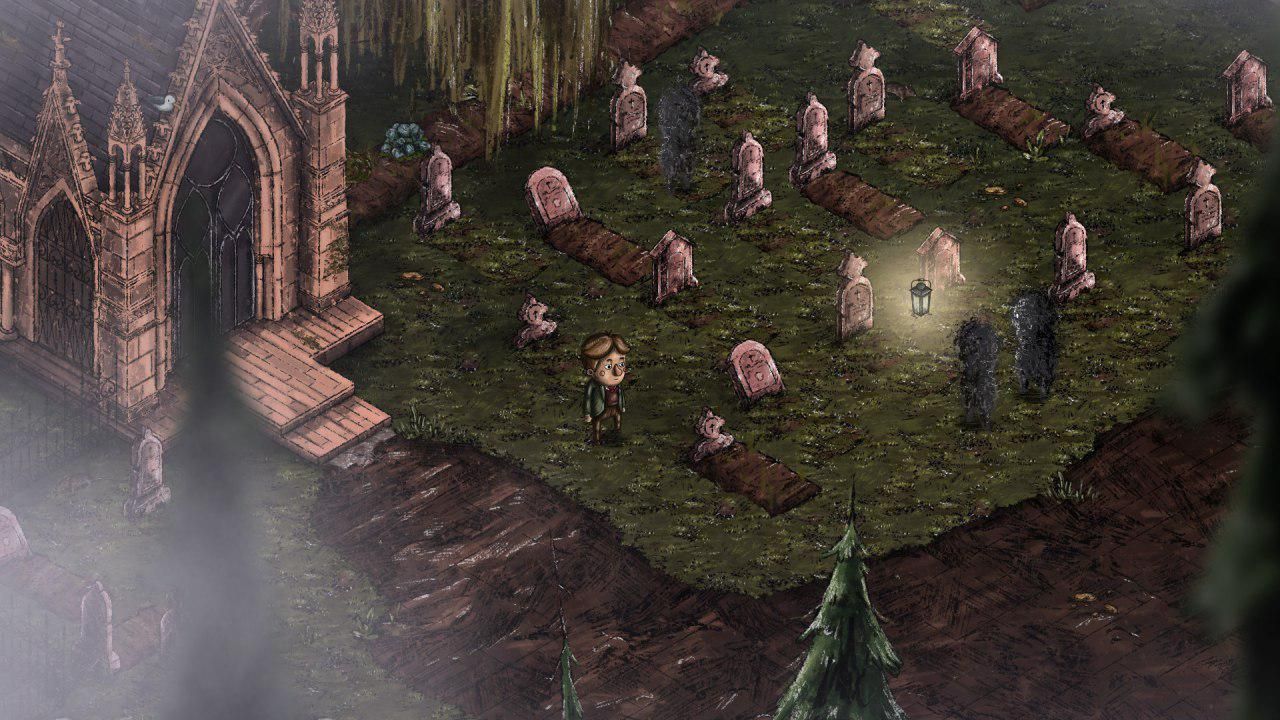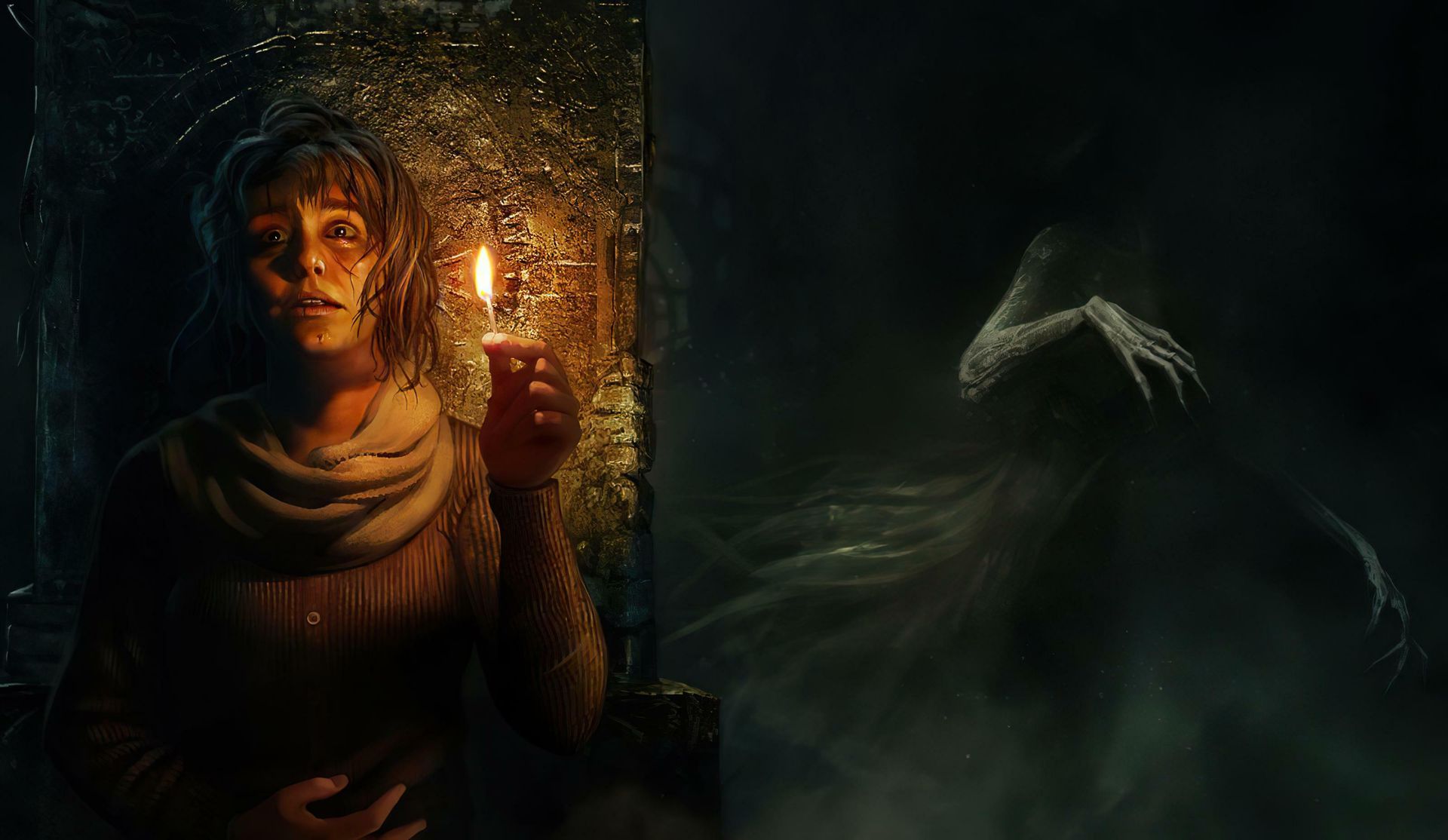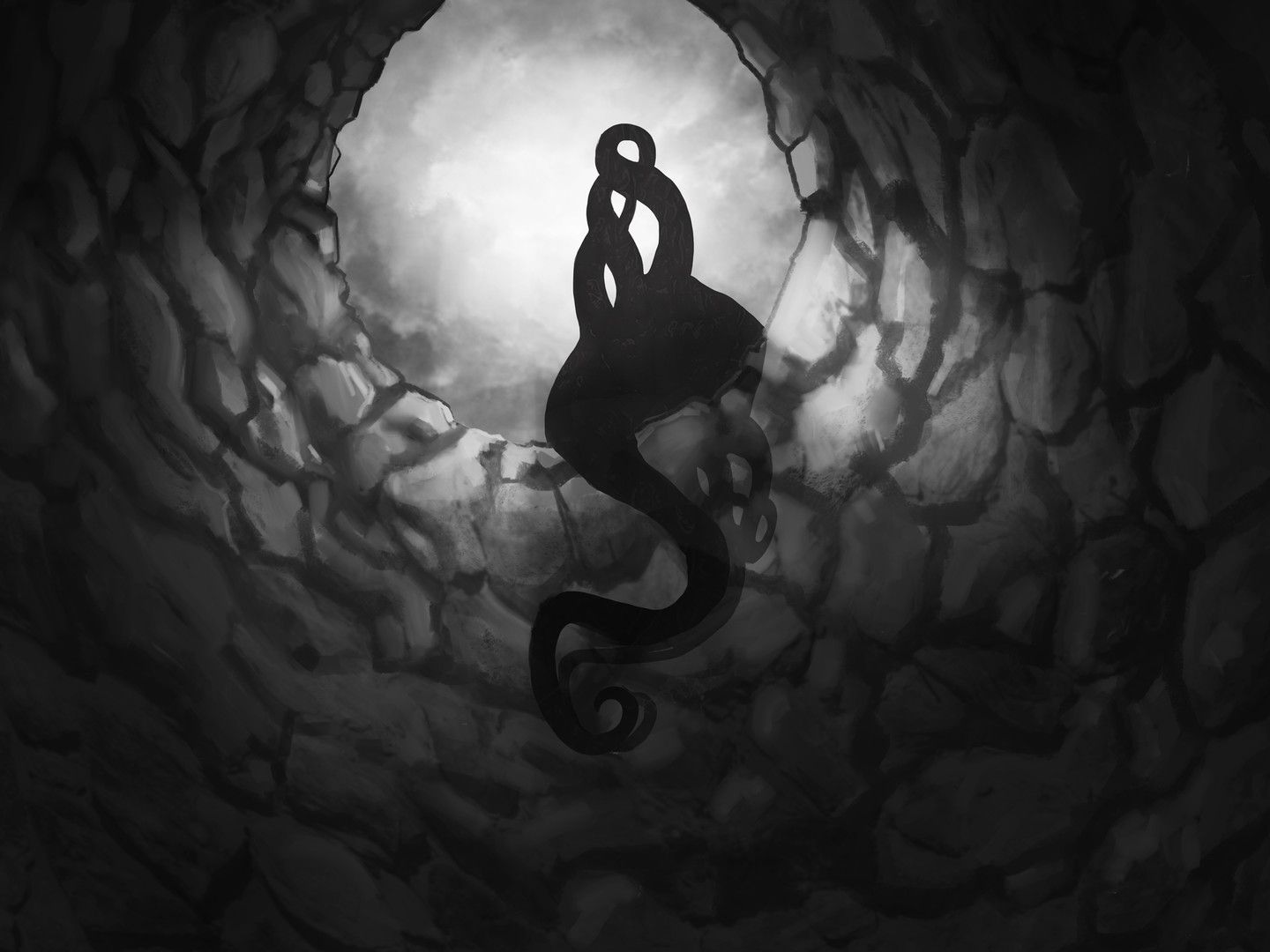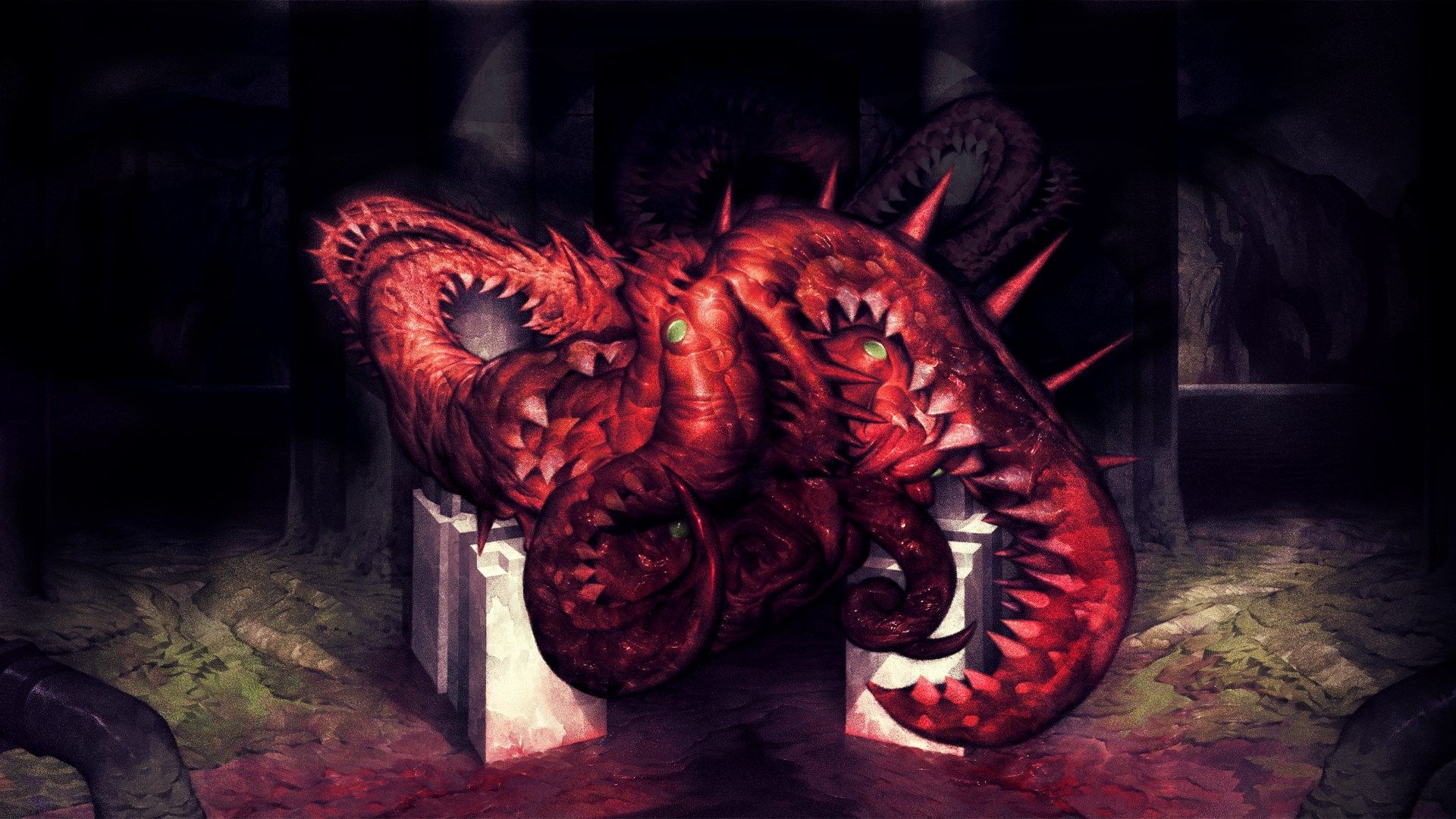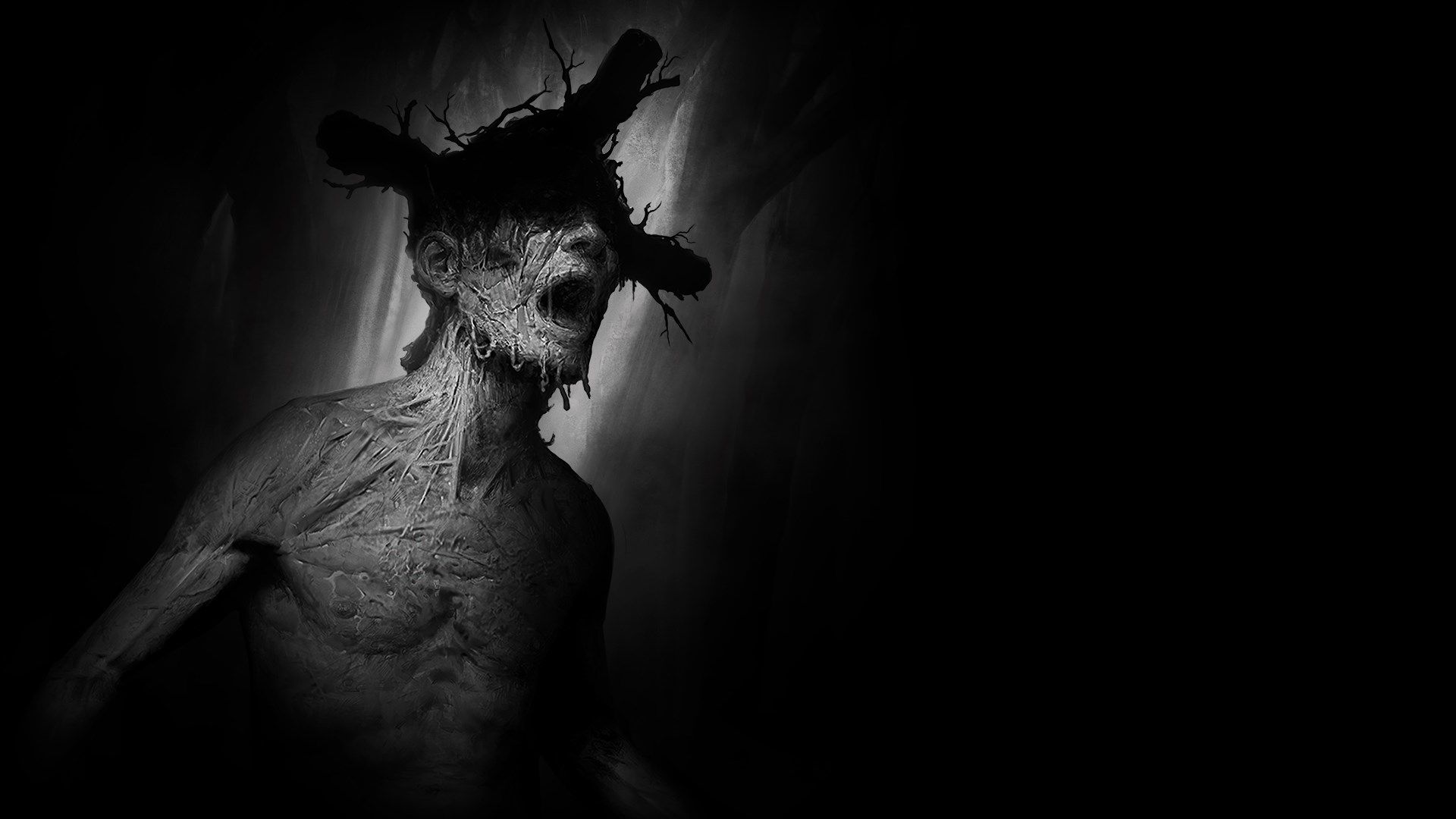The Lurking Horror
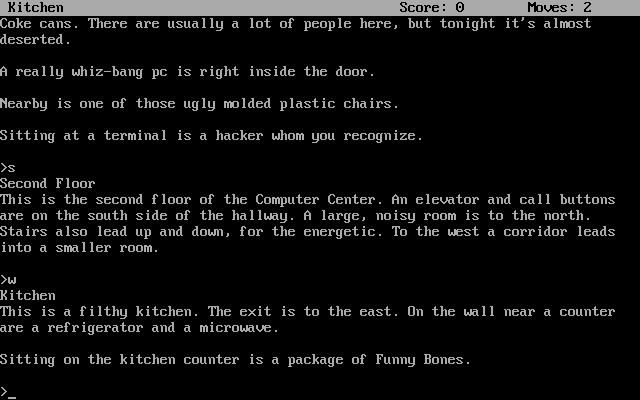
The Enigma of Darkness
There is a certain chill that accompanies the recognition of one's own insignificance, a chill that 'The Lurking Horror' captures with eerie precision. This text-based adventure, a relic from the vaults of 1987, crafts a world where every keystroke could be the herald of doom. The gameplay, steeped in exploration and narrative-driven choices, invites players into the murky depths of a university cloaked in perpetual twilight. Its parser system demands both logic and imagination, challenging players to interpret and interact through language, a rare mechanic that heightens the sense of immersion and vulnerability.
Atmospheric Tension and Sanity
The game's strength lies in its ability to weave atmospheric tension into every thread of its narrative. As you descend further into the mysteries of the university, the psychological toll manifests through disorienting descriptions and surreal encounters, pushing the boundaries of sanity. The absence of visuals paradoxically intensifies immersion, as the player conjures horrors with their mind’s eye, amplifying their dread through uncertainty. This minimalist approach is both its strength and challenge, evoking the kind of slow, creeping fear that typifies the best of Lovecraftian horror.
Narrative Ambiguity and Existential Horror
In 'The Lurking Horror,' narrative ambiguity serves as both a veil and a mirror, reflecting the existential horror of our own ignorance. The plot unfolds with deliberate vagueness, forcing the player to grapple with cryptic lore and infer meaning from fractured accounts. The game resists offering easy closure, instead cultivating an ever-growing sense of cosmic insignificance. Its prose, though dated in style, retains a literary quality that rewards careful reading and interpretation—qualities often lost in modern horror games focused on visual shock.
Image Gallery
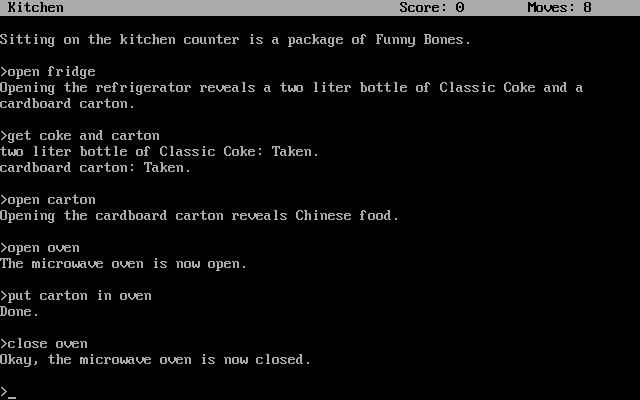
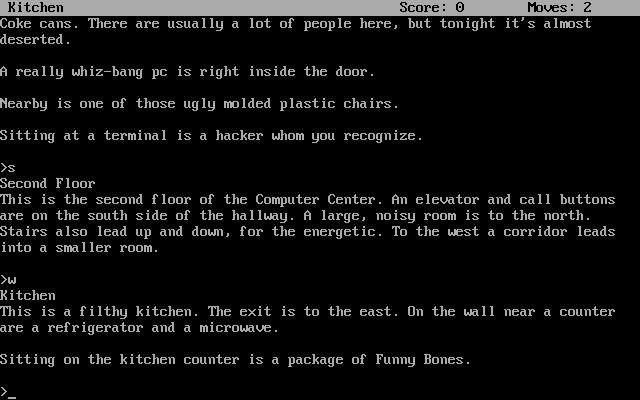
Core Mechanics
'The Lurking Horror' is a text-based interactive fiction game that prioritizes parser-driven gameplay and environmental storytelling.
-
Text Parser System
Players interact with the world through a command-line interface, typing phrases like 'open door' or 'take lamp' to affect the environment.
-
Environmental Descriptions
Vivid prose and changing text responses form the foundation of exploration, with subtle cues hinting at danger, puzzles, and story progression.
-
Puzzles and Logical Challenges
Progression is tied to environmental puzzles that require observation, deduction, and trial-and-error to solve.
Survival Tips for Investigators
Here are a few ways to avoid becoming one with the void.
-
Read Carefully
Descriptions contain vital clues. Re-read text and re-examine items to discover hidden meanings.
-
Save Often
Unexpected deaths and unwinnable states are possible. Save frequently in different slots.
-
Use All Your Senses (Textually)
Commands like 'listen', 'smell', or 'touch' can reveal important details not immediately obvious.
Cultural and Literary Influences
'The Lurking Horror' draws deeply from both classic horror and speculative fiction.
-
H.P. Lovecraft
The game's central themes—cosmic insignificance, sanity loss, and hidden horrors—mirror Lovecraft’s mythos.
-
Infocom Interactive Fiction
As part of Infocom’s canon, the game reflects the golden age of text adventures, emphasizing language as gameplay.
-
Academic Gothic
The university setting evokes works like 'The Secret History' and 'The Historian', where intellectual pursuit masks ancient dread.
Final Verdict
For those who find beauty in the macabre and relish the slow unraveling of dark secrets, 'The Lurking Horror' offers a hauntingly captivating experience. It excels in crafting a world where dread and curiosity are intertwined, creating a journey that is as introspective as it is terrifying. A literary homage to Lovecraftian horror, it remains a unique entry in the genre’s canon. If you value narrative immersion over modern spectacle, you should explore the chilling depths of 'The Lurking Horror.'
Strengths
- Rich atmospheric tension that immerses players in fear
- Effective use of narrative ambiguity to enhance dread
- Innovative parser mechanics that stimulate imaginative engagement
Weaknesses
- Lack of visual cues can be disorienting for players
- Slow pace and complex text interface may deter modern audiences
Editorial Review
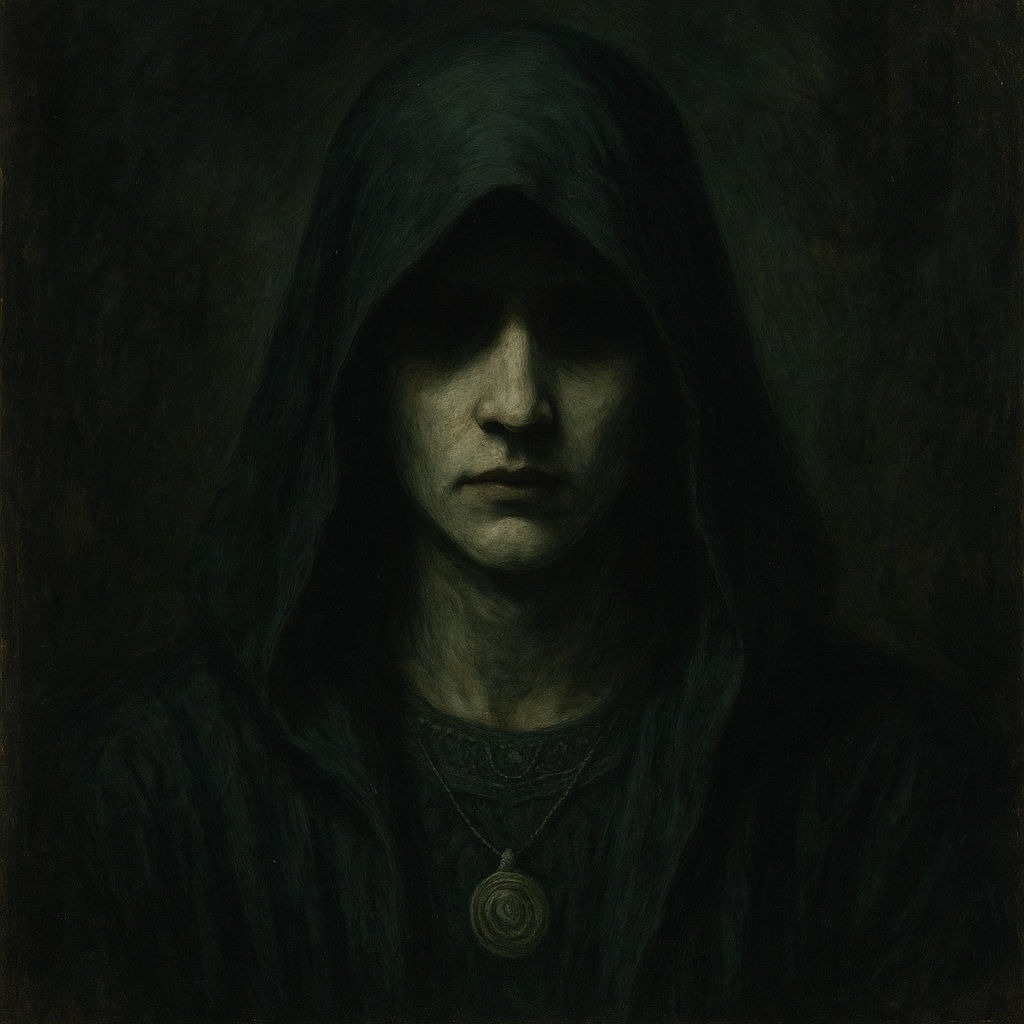
In the echoes of forgotten halls, the game whispers secrets that coil around the soul like tendrils of shadow. It is a dance of light and dark, a symphony of fear that both captivates and ensnares.
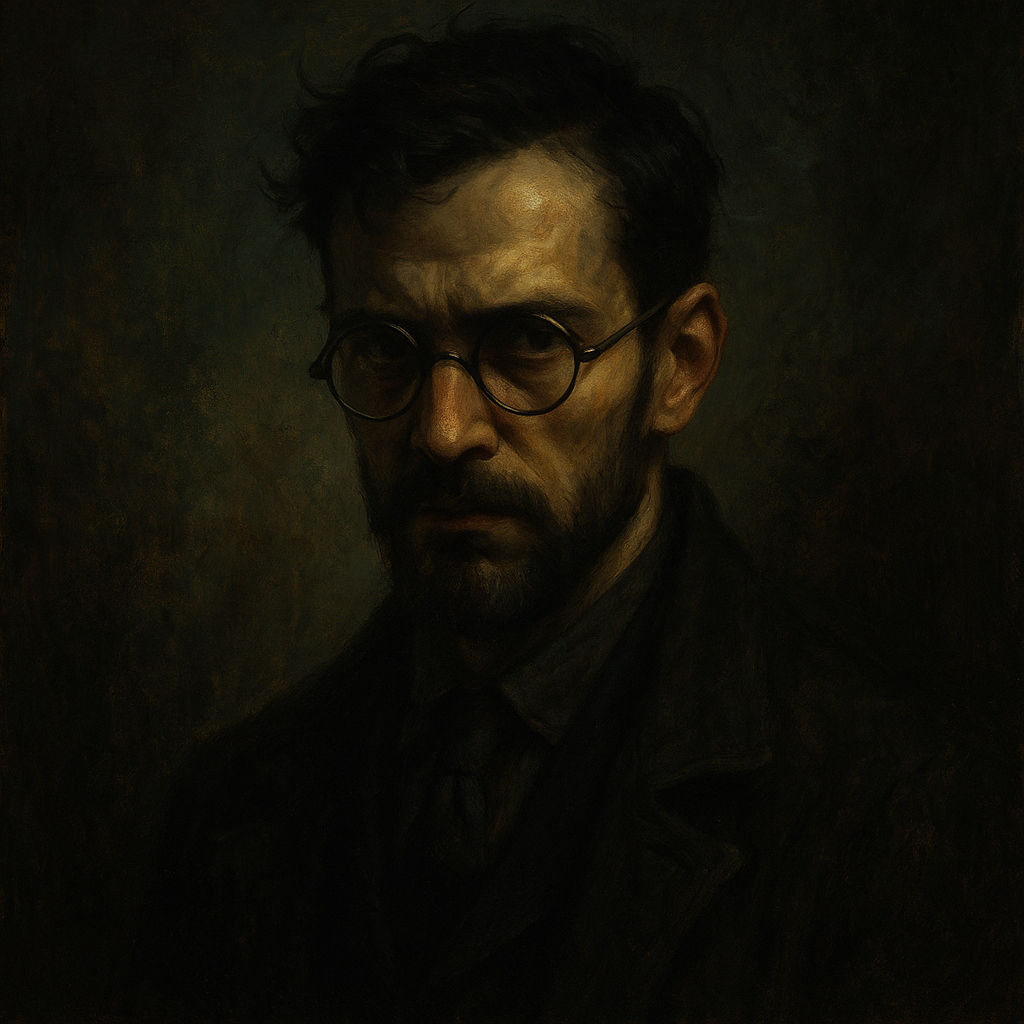
A meticulous exploration of fear's architecture, 'The Lurking Horror' manipulates the player's mind with precision. Its design is a masterclass in tension, where each decision feels like a descent into madness.

A text-based challenge that demands strategic foresight and patience. Its mechanics reward those who navigate its labyrinthine corridors with caution, though some may find its pace punishingly slow.

The game is a haunting tapestry woven with threads of shadow and light, a place where the beauty of the stars meets the terror of the void. It's a world that invites endless wonder, even as it chills the heart.
You might also like
About the author
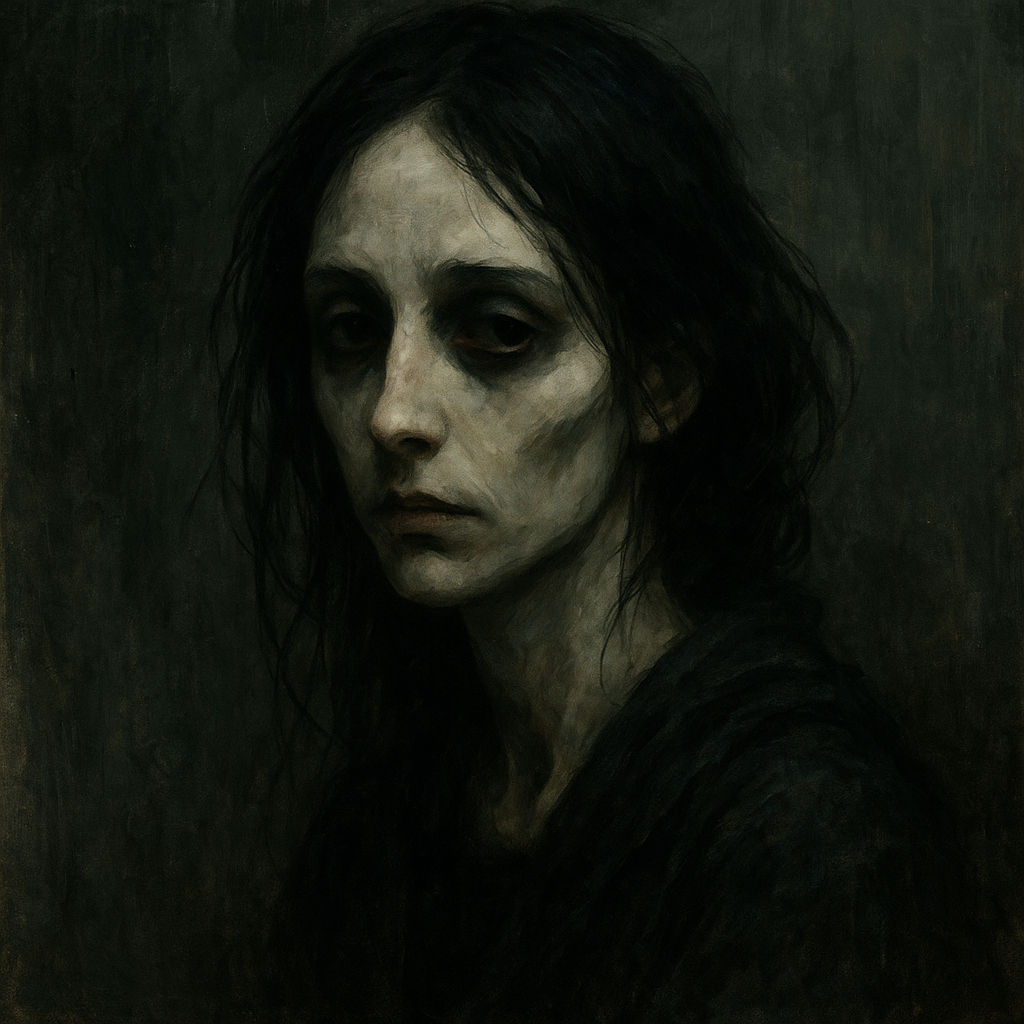
Morwen
Morwen here. Horror is not about blood — it’s about quiet dread and truths we were not meant to know.
